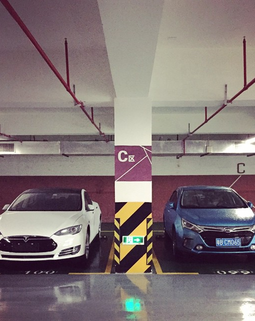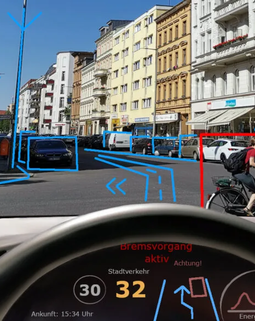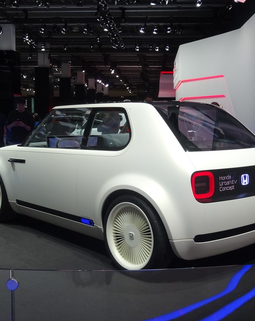Source
Bangkok's Dynamic Traffic Landscape
Navigating through Bangkok during rush hour is an adventure in itself. The bustling cityscape is a fusion of traditional and modern modes of transportation. From densely packed small and mid-range Asian cars to pickups loaded with a diverse array of cargo, the traffic is a lively mix. The chaos includes motorbikes, auto rickshaws, and the iconic Skytrain floating above the streets.
Thailand's Economic Transition: Tradition Meets Modernity
Thailand's economic landscape reflects a harmonious blend of tradition and modernity. With services and tourism contributing 60% to the GDP, the country is transitioning from an emerging market to an industrial nation.
While agriculture still employs about one-third of the population, the government subsidizes it to maintain social stability. However, the industry has taken the lead at 30%, showcasing Thailand's stride towards industrialization.
Automotive Industry: A Key Economic Lever
The automotive industry plays a pivotal role in Thailand's economic development. In the second half of the 20th century, the government initiated car imports and established Thai Rung, the only national car manufacturer, which evolved from assembling vehicles to producing its own models.
Navigating Crise
Despite facing challenges such as the 1997 financial crisis and the 2011 floods, Thailand resiliently emerged as a Southeast Asian automotive hotspot. Major international companies transferred production to the region, with Japanese manufacturers like Toyota, Isuzu, and Honda leading the way.
In 2022, Thailand produced a staggering 1.9 million cars, surpassing Indonesia and Malaysia in the ASEAN region and ranking 10th globally in automotive manufacturing.
The Road Ahead: Electric Revolution
Looking towards the future, Thailand plans to propel its automotive industry further, focusing on electric vehicles (EVs). By 2035, the goal is for EVs to be the exclusive option, constituting 50% of new registrations by 2030.
Incentives and Infrastructure
The government offers purchase bonuses and tax breaks to promote the transition to EVs. Infrastructure expansion is also on the agenda, with Thailand's strategic location in the ASEAN region and proximity to Indonesia providing key advantages.
Challenges and Opportunities
As the demand for electric cars rises, Thailand faces the challenge of developing its own technologies and innovations to align with global industrialized nations. Success in this endeavor will transform Bangkok's traffic and contribute to lower emissions and a quieter urban environment.
Conclusion
As Thailand steers towards a future dominated by electric vehicles, the dynamic traffic in Bangkok may not calm down, but it is poised to become quieter and more environmentally sustainable. The automotive industry's journey reflects the resilience and adaptability of the Thai economy, where tradition and modernity coexist on the bustling streets of Bangkok.





